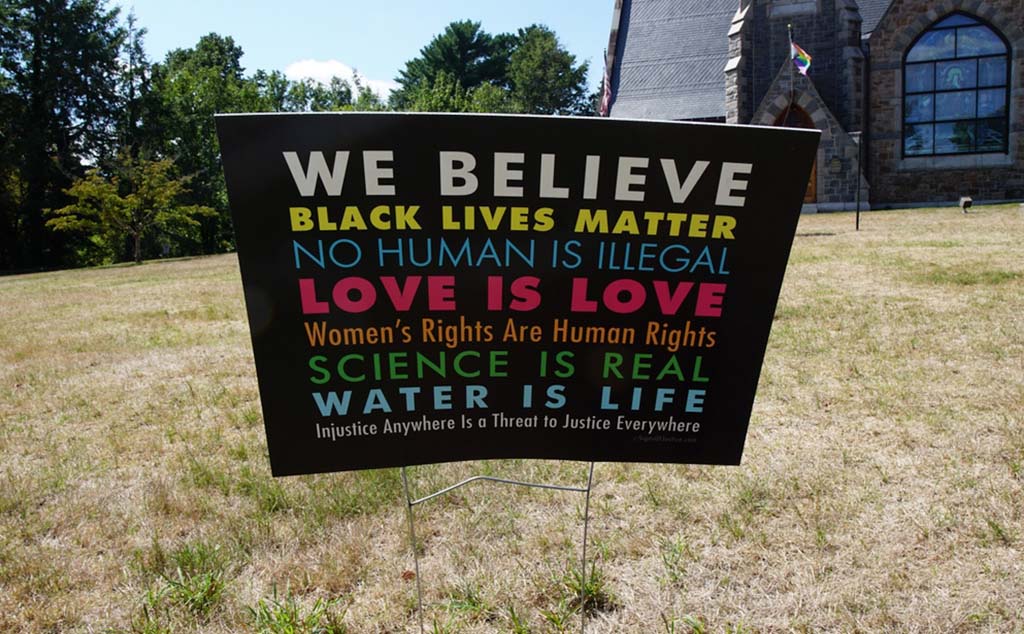
Woke Culture: How It’s Reshaping Society and Sparking the Cancel Culture Phenomenon
In the ever-evolving landscape of social and cultural norms, the term “woke” has emerged as a buzzword that’s shaking the very foundations of societies worldwide. From igniting fiery debates on social media to influencing corporate policies, woke culture is more than just a trend – it’s a seismic shift in the way we perceive and interact with the world around us. But what exactly does being “woke” mean, and how is it intricately linked to the controversial phenomenon of cancel culture? This article delves into the heart of woke meaning and behavior, unravelling its profound impact on global societies.
What Does “Woke” Mean? Unpacking the Buzzword
Originally rooted in African-American Vernacular English (AAVE), “woke” once simply meant being awake to social injustices, particularly those related to race. However, the term has dramatically evolved, now encompassing a broader awareness of various social issues including gender, sexual orientation, and environmental concerns. To be woke in today’s context is to be acutely aware and actively involved in advocating for inclusivity, equality, and social justice. It’s a heightened state of social consciousness that challenges traditional norms and seeks to dismantle systemic inequalities.
This is where it gets really interesting! ‘Woke’ culture has crossed oceans and borders, becoming a global phenomenon. From Hollywood to Bollywood, from Silicon Valley to the streets of Seoul, ‘woke’ ideals are influencing entertainment, technology, and everyday life.
In the entertainment industry, we’re witnessing an unprecedented push for diversity and representation. Movies and TV shows are no longer just about entertainment; they’re platforms for social commentary and change. Meanwhile, in the corporate world, brands are racing to align with ‘woke’ values, sometimes stumbling in their eagerness to appear progressive.
But it’s not all glitz and glamour. The ‘woke’ wave is also crashing into the political arena, shaping policies and elections. Leaders and activists worldwide are using ‘woke’ rhetoric to champion causes and mobilize supporters. It’s like a political chess game where ‘woke’ moves are both offensive and defensive strategies.
The Rise of Cancel Culture
Here’s the juicy part: the rise of cancel culture. A close relative of ‘woke’ ideology, cancel culture involves calling out and boycotting individuals or entities that are perceived to violate progressive norms. It’s the courtroom of public opinion, where judgments are swift and penalties can be severe.
From celebrities to CEOs, no one is immune. A single tweet, a misplaced word, and boom – they’re in the crosshairs of cancel culture. It’s a high-stakes game of reputation, with social media as the battlefield.
But there’s a catch. Critics argue that cancel culture stifles free speech and creates a climate of fear. Supporters, however, see it as a tool of accountability, a way to demand better from public figures and institutions. It’s a tug-of-war between freedom and responsibility, with society caught in the middle.
Woke Behavior: A New Social Paradigm
Woke behavior manifests in various ways, from advocating for marginalized communities to challenging outdated stereotypes. It’s visible in protests, social media campaigns, and even in the arts. Woke individuals often strive to educate themselves and others about social issues, pushing for changes in language, attitudes, and policies. This paradigm shift is especially evident among younger generations, who are more likely to embrace diversity and inclusivity as core values.
The Global Ripple Effect of Woke Culture
This is where it gets really interesting! ‘Woke’ culture has crossed oceans and borders, becoming a global phenomenon. From Hollywood to Bollywood, from Silicon Valley to the streets of Seoul, ‘woke’ ideals are influencing entertainment, technology, and everyday life.
Woke culture isn’t confined to any single region or country; its influence spans the globe. In the corporate world, brands are increasingly aligning themselves with woke values, showcasing more diverse and inclusive advertising. Educational institutions are revisiting their curricula to include broader perspectives and histories. Even governments are feeling the pressure to reform policies that are seen as outdated or discriminatory.
Cancel Culture: The Controversial Offshoot of Wokeism
Perhaps the most contentious aspect of woke culture is the rise of cancel culture. Cancel culture refers to the practice of publicly calling out and boycotting individuals, companies, or products that are perceived to have committed a social or moral transgression. It’s a form of online shaming, often fueled by social media, where the accused are ‘cancelled’ – boycotted or ostracized from certain social or professional circles.
The Power and Pitfalls of Cancel Culture
Cancel culture wields significant power. It can hold people accountable for their actions and bring about positive change by highlighting issues that may have otherwise been overlooked. However, it’s not without its pitfalls. Critics argue that cancel culture often lacks nuance, is prone to mob mentality, and can lead to unjust public shaming and harassment. The debate over cancel culture is complex, with strong arguments on both sides about its effectiveness and morality.
Woke Culture’s Impact on Politics and Policy Making
The influence of woke culture extends into the political arena as well. Politicians are increasingly engaging with woke issues, either in support of or in opposition to them. Policies around immigration, healthcare, and the environment are being shaped by woke narratives. This shift is particularly noticeable in democratic societies, where public opinion can significantly influence policy decisions.
The Social Media Amplification
Social media platforms have become battlegrounds for woke discussions. Hashtags and viral campaigns can spread awareness about social issues at an unprecedented pace, but they can also amplify misunderstandings and misinformation. The role of social media in woke culture is a double-edged sword: it’s a powerful tool for raising awareness but can also escalate conflicts and misunderstandings.
The Backlash Against Woke Culture
As with any significant cultural shift, woke culture faces substantial backlash. Critics argue that it can lead to excessive political correctness, stifling free speech and artistic expression. Some see woke culture as a form of virtue signaling or performative activism, where individuals or organizations publicly support social issues more for self-promotion or to avoid backlash than out of genuine concern.
Looking to the Future: The Lasting Impact of Woke Culture
Woke culture, despite its controversies and challenges, is undeniably shaping the societal landscape. It’s prompting conversations and actions around issues that were once overlooked or taboo. As the world grapples with the implications of this cultural shift, one thing is clear: woke culture and its offshoots like cancel culture are not fleeting phenomena. They are reshaping how we think about and engage with social issues, with far-reaching implications for years to come.
In a world increasingly influenced by woke culture, understanding its nuances is crucial. Whether you embrace it, challenge it, or fall somewhere in between, the impact of woke behavior and cancel culture on global societies is undeniable. As we navigate this new terrain, the balance between promoting social justice and preserving individual freedoms remains a pivotal point of discussion. What’s certain is that the conversation around woke culture is just getting started, and its reverberations will continue to be felt across societies worldwide.



